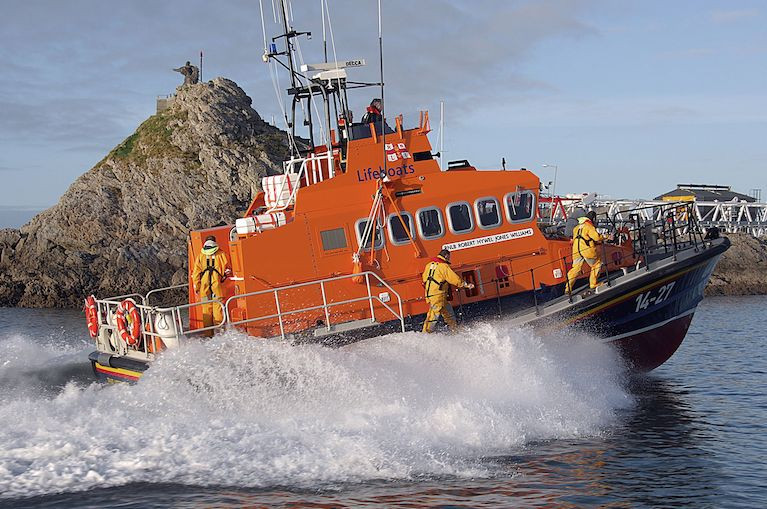The team at Fenit RNLI in County Kerry is calling for new volunteers to help them to save lives at sea.
The charity is looking for volunteers to take up the Deputy Launching Authority role at the station. This role will authorise the launch of the station’s all-weather and inshore lifeboats, provide leadership in the absence of the Lifeboat Operations Manager and oversee that all operational activities are carried out to ensure the lifeboats and all associated equipment are maintained in readiness for launching on service.
Fenit RNLI is seeking team players with leadership skills and local maritime knowledge. The role is best suited to those who live within good proximity of the lifeboat station.
The call-out follows Fenit's welcome of the first female appointment of a Lifeboat Coxswain in Ireland in September.
Fenit RNLI which re-opened in 1994, after a gap of 25 years, and today operates both an all-weather Trent class lifeboat and an inshore D class lifeboat, launched its lifeboats 27 times last year bringing 28 people to safety.
Ger O’Donnell, Fenit RNLI Lifeboat Operations Manager is now calling on new volunteers to find out more: ‘Volunteering with us gives people the opportunity to make a real difference in their local community, to save lives and become part of the larger RNLI family. We can’t keep people safe without the support of our wonderful volunteers, who truly make a difference every day no matter which role they are fulfilling.
‘Becoming a volunteer Deputy Launching Authority is a great chance to play a crucial part in helping to save lives. We are looking for enthusiastic people who are willing to offer some of their free time to join what I believe to be, one of the most rewarding voluntary services that is out there. Every volunteer receives first-class training from the RNLI and learns new skills which can benefit them in many walks of life. Full training will be supplied to ensure Deputy Launching Authorities can authorise the launch of our lifeboats, provide the necessary leadership for our volunteer crew and ensure that all operational activities are carried out to maintain the lifeboats and equipment for launching on a call out.’
Anyone interested in finding out more or wants to apply is asked to email Rob King, Area Lifesaving Manager at [email protected] or Fenit RNLI at [email protected]































































